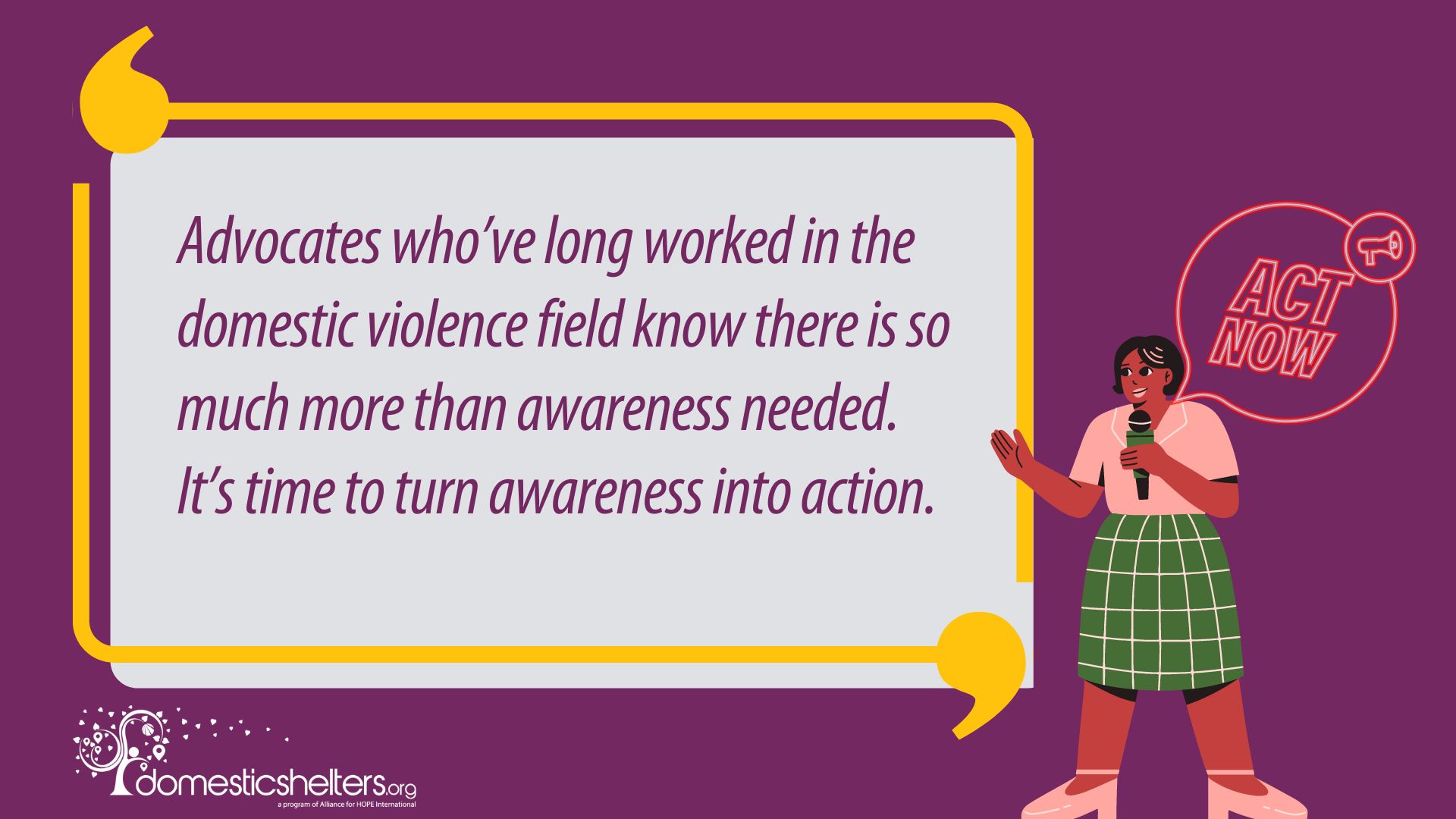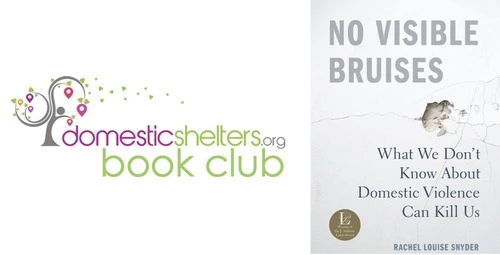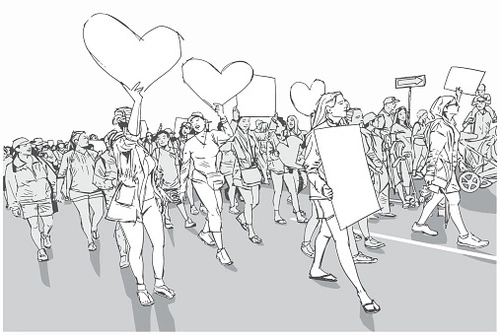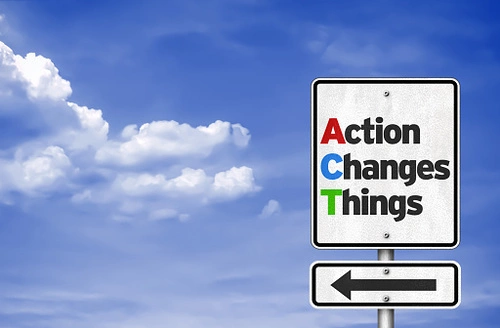1. Select a discrete app icon.

notes
To End Domestic Violence, Are You Ready to Take Action?
No need to wait until Domestic Violence Awareness Month to use one of these online toolkits to be an outspoken advocate
- Mar 18, 2024

This article was originally published in 2017. It was updated in 2024.
We are constantly bombarded with messages about the importance of “raising awareness” for certain causes, and domestic violence is no different. The thing is, unless you’re living under a rock, you’re aware that intimate partner violence and gender-based violence are still public health crises.
It’s not just happening to a few women, either. It’s happening to millions. In fact, one in three women will be victims of rape, physical abuse or stalking by a dating partner or spouse—someone they initially trusted not to hurt them. For men, the statistic is one in four. These numbers don’t even account for the cases of nonphysical abuse, such as emotional, verbal or financial abuse. And the stats are likely low estimates as well. Domestic violence often goes unreported by survivors who don’t feel safe speaking out.
So, now that you’re aware of this very real problem, you may be wondering, is my job done here? Has domestic violence ended? Advocates who’ve long worked in the domestic violence field know there is so much more than awareness needed. It’s time to turn that awareness into action.
Luckily, many online sites, including DomesticShelters.org, have made it easy for those who are ready to effect change to do just that. They’ve created free toolkits and action guides—collections of fact sheets, shareable graphics, ready-to-print posters, lists of recommended readings and ideas for tangible steps you can take, all in one place.
We’ve listed a few of our favorites below.

4 Resources to Take Action Against Domestic Violence
If you’ve never experienced domestic violence, responding in a supportive and helpful way when someone discloses abuse might give you pause. There are right things to say and a few wrong, and it’s important to know the difference. What do survivors need most at this moment? How can you encourage them to leave without forcing them in the way an abuser does? How do you help a friend or loved one see that their partner’s behavior is abusive when that friend isn’t ready to admit it? All of these questions and more are answered in this easy and free toolkit.
2. Love Is Respect Teen Dating Violence Awareness Month Action Guide
Every February is Teen Dating Violence Awareness Month, but you can take action any month of the year. This guide from Love Is Respect, a project of the National Domestic Violence Hotline, includes information about healthy relationships, setting boundaries, understanding consent, conflict resolution, revenge porn and more. Consider sharing it with the teens in your life or offer to give a talk at a local school. Many teens endure dating violence in secret because of shame, or they simply don’t know who to turn to for help.
3. Futures Without Violence Free Bundles for Healthcare Workers and Advocates
You don’t have to work in healthcare or at a shelter to utilize these free toolkits. The handouts Futures Without Violence has created can be printed and distributed in your place of work to anyone who wants to know more about healthy relationships for the cisgender, trans and queer communities, as well as adverse childhood experiences and tips for teens on recognizing consensual versus coerced sex.
4. The SASHA Center Toolkit for African-American Survivors of Sexual Assault, Trauma and Abuse
This guide highlights the barriers Black survivors have faced when seeking services for sexual assault and abuse. Per the toolkit, “Culturally specific programming is critical to African-Americans and a direct connection must be made between the transatlantic slave trade and the current negative impact it has on present day survivors of sexual violence.”
Looking for More Ways to Help?
Look at you, ready to get involved! We have some lists and guides for that, too. Check out these following resources for more actionable ways you can start combating domestic violence in your home and community:
- 5 Ways to Stand Up to Domestic Violence in Your Community
- 25 Ways to Help Survivors After They Disclose Abuse
- Nonprofits Need You
- How to Speak Out on Domestic Violence
- How to Call Your Lawmakers
- How Do I Donate Items to Shelters?
- A New Type of Workplace Fundraiser
- To Do: Start a Movement
- Ask Amanda: How Do I Become a Survivor Advocate?
Donate and change a life
Your support gives hope and help to victims of domestic violence every day.
Looking for someone to speak with? Enter your location to find phone numbers for domestic violence experts in your area.
Have a question about domestic violence? Type your question below to find answers.








